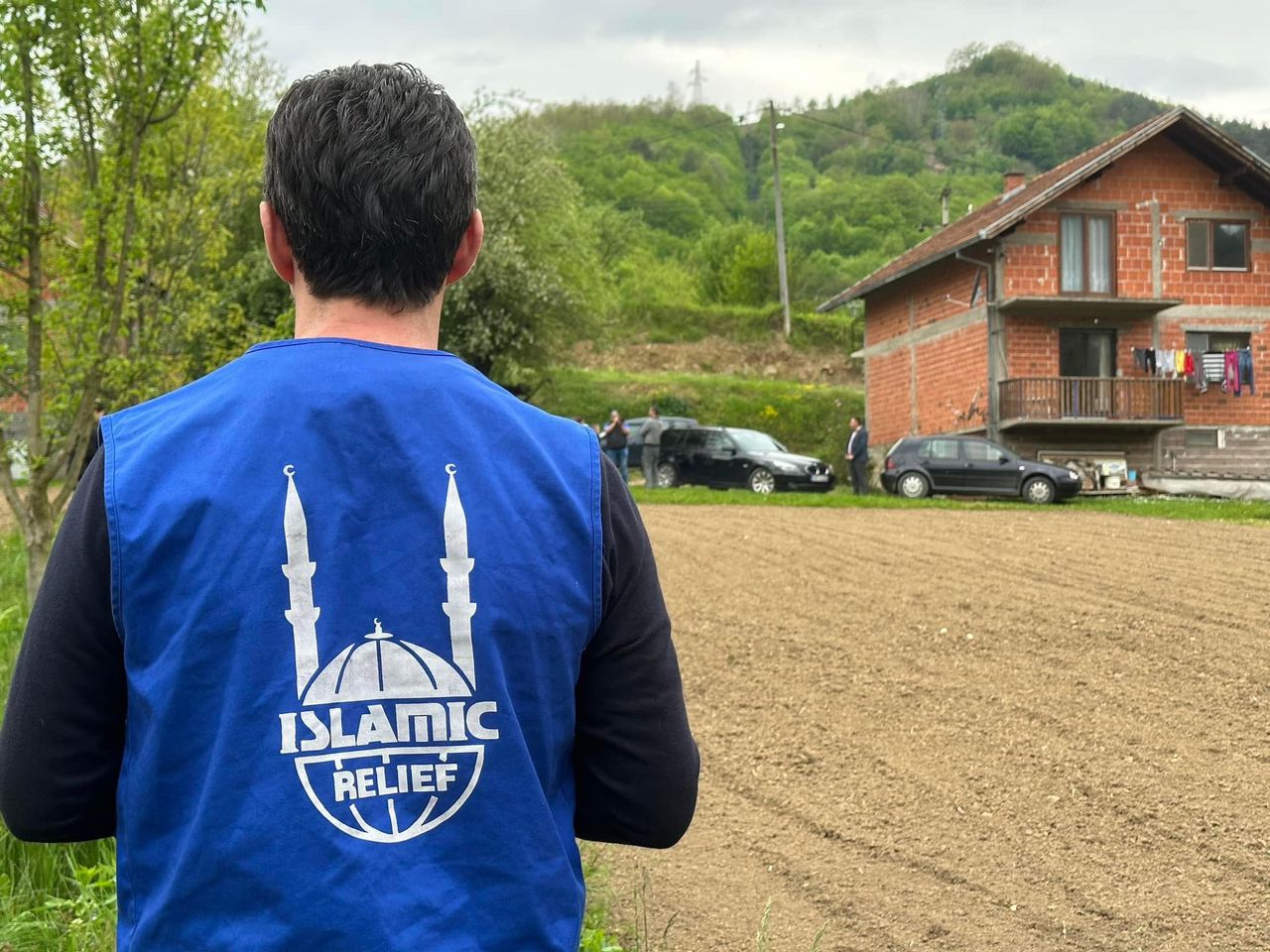
Behind the picturesque landscapes of Bosnia and Herzegovina lies a stark reality: a grim pattern of femicide that demands urgent attention and action.
Femicide is the most extreme form of gender-based violence (GBV) – a horrific hate crime in which women are murdered in cold blood. 1 area alone, Tuzla, has witnessed the killing of 11 women in the past 2 years, victims of a society in which violence against women is terrifyingly commonplace.
It was in Tuzla that a particularly chilling act of violence stunned the public earlier this year. A woman’s life was brutally ended by her estranged partner, live on social media. He then proceeded to kill 2 more people before turning his gun on himself.
These tragedies are not anomalies but the most extreme expressions of GBV, rooted deeply in the private confines of what should be a safe haven for women – their own homes. These murders are often the culmination of prolonged domestic abuse that has been ignored or has gone unreported, with current or former intimate partners being the most common perpetrators.
A daughter’s tragic loss
Mayana, a 30-year-old single mother, knows the human cost behind these statistics all too well. Already marred by the early loss of her husband to cancer, her life took another devastating turn when her father killed her mother in an alcohol-fuelled rage that was witnessed by Mayana’s children. Domestic violence is a pervasive problem in Bosnia and Herzegovina, but the stigma attached to it and the inadequate institutional response often leaves victims without support or justice.
Easing the trauma through the Step Forward project
Islamic Relief has provided a lifeline for Mayana through our Step Forward project. The initiative aims to shed light on the often-overlooked area of mental health, offering a sanctuary for those afflicted by domestic violence and other trauma. We provided psychological first aid and group therapy for Mayana and her children, refusing to let them face their trauma in isolation.
Even with this support, the trauma lingers. Mayana requires daily neuropsychiatric care, and her children are still receiving individual therapy. This ongoing care is essential, as the way back from such trauma is rarely straightforward.
Confronting deep-rooted cultural challenges
Societal attitudes towards domestic violence are deeply entrenched in Bosnia and Herzegovina. Surveys indicate that more than 1 in 3 women have experienced violence, yet too often this is considered a private matter best resolved within the family.
The call for zero tolerance for violence against women and the demand for changes in cultural attitudes and government policies have never been louder. The murder of the woman killed live on social media sparked nationwide protests and demands for action.
Islamic Relief is at the forefront of the collective outcry, pushing for change through awareness campaigns, educational initiatives, and direct support for survivors.
Hope amid despair
6 months into their journey of recovery, Mayana and her children show the resilience of the human spirit. Their gradual psychological improvement suggests a light at the end of the tunnel, a testament to their strength and to the value of support provided by Islamic Relief.
The plight of women in Bosnia and Herzegovina is just 1 example of how destructive and horrific GBV can be. As Islamic Relief marks the latest annual United Nations-led 16 Days of Activism against Gender-Based Violence campaign, we want the stories of Mayana and others to inspire us all to raise awareness and take practical action to prevent GBV and support survivors.
Please help us to continue our vital work to support women like Mayana around the world. Donate now.


